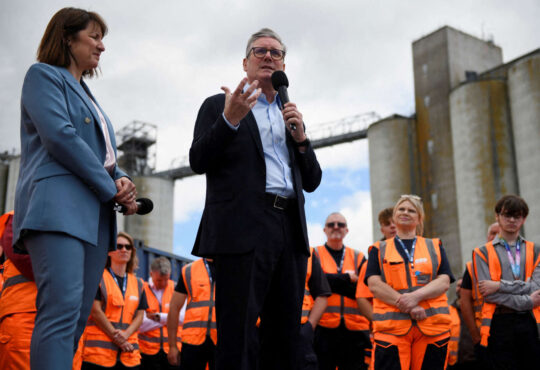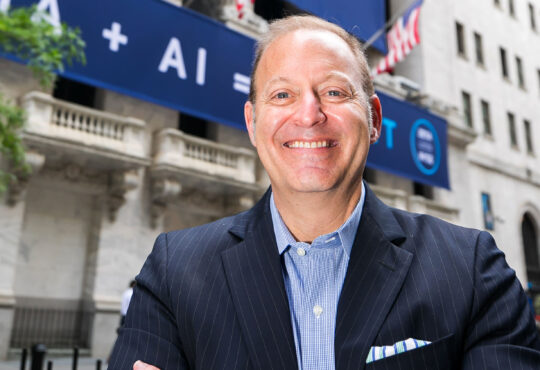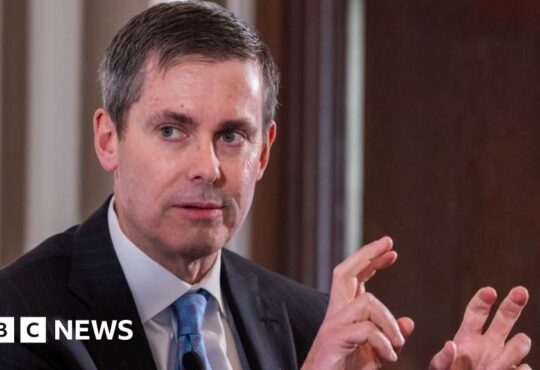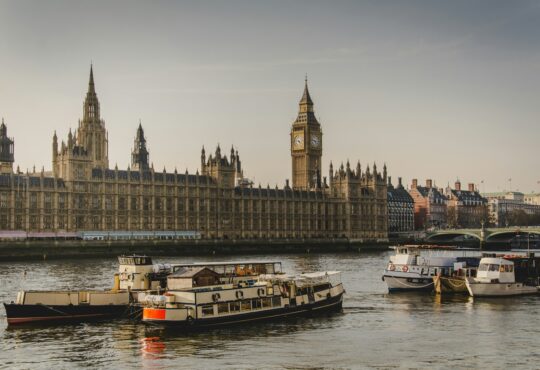
While it might seem like a bit omission to make, the world’s CEOs say that should they look beyond the small matters of 2024’s geopolitical and economic chaos, they expect a sunny outlook for the coming period. A new study from Arthur D. Little suggests Europe’s bosses are even more optimistic than the average – with more than seven-in-ten saying they expect things to improve over the next five years.
In 2018, a survey from Deloitte found that business executives were tirelessly confident of their company’s ability to handle any crisis. For example, nine-in-ten believed their company could easily bounce back from a system failure, or a cyber-attack – while three-quarters felt they would be just fine in the event of industrial action, political activism or unrest, or natural disasters. Interestingly though, the report also found that fewer than a third of companies had actually tested their readiness on any of these fronts.
That was risky enough in 2018 – with the global economy flirting with recession, tensions escalating between the US and China, and the Brexit process throwing trade between the UK and Europe into chaos. But the following six years have brutally shown up the disconnect between executive sentiment and reality. While CEOs remain ‘upbeat’, the escalating climate emergency, the Covid-19 pandemic and subsequent lockdown, the Russian military’s invasion of Ukraine, the cost-of-living-crisis, and the ongoing atrocities of the Israel-Gaza war – to name just a few of the crises now added to the mix – have left more businesses on the brink of collapse in the UK alone than during the global financial crisis of 2008.
Even in this context, however, one of life’s great certainties persists. Seemingly as inevitable a force as death or taxes, CEO sentiment is “increasingly optimistic” when it comes to the global economic outlook – in spite of the ‘headwinds’ they face when it comes to the small matters of climate collapse or potentially world-ending wars.
For its 2024 CEO Insights study, strategy consulting stalwart Arthur D. Little polled nearly 300 global CEOs from leading companies with a turnover of more than $1 billion. The paper aims to “give unrivalled insight into the minds of those running the world’s biggest organisations” – and the key takeaway from that seems to be that however bad things might seem, somehow corporate leaders are still steadfast in their belief they will be just fine.
The global average saw 66% of bosses argue the global economic outlook would ‘improve’ over the next three-to-five years. Meanwhile, 29% said it would remain ‘stable’ – though arguably, as many of the world’s largest economies are currently in recession, ‘stability’ could be seen as an improvement. In contrast, only 4% said they thought things were about to deteriorate.
In particular, leaders across the UK, France, Germany, Spain and Italy seemed very chipper on their coming prospects. There, 72% say that things will improve over that same period – only bettered by respondents in Asia, where 78% expected improvement; and Africa, where no executives at all expected things to get worse. Driving these expectations seems to be a growing reliance on technology as a panacea.
Summarising the findings, Nick White, managing partner, Arthur D. Little UK, commented, “The positive findings from the 2024 CEO Insights Study echo our own experiences from talking to UK CEOs. At a recent high-level event in London to discuss these findings, participants expressed growing optimism that economic headwinds are abating, but understood that they need to accelerate their efforts to adapt as new technologies such as AI bring both challenges and opportunities, all while keeping a focus on ESG, which is now well-integrated into normal business operations.”
Just how healthy an approach this is remains to be seen. Technology was already top of the corporate agenda pre-2016 – and does not seem to have been the cure-all it was billed as. Even so, a huge 28% of respondents from Europe’s ‘Big Five’ economies believe technological innovation is the key to their prospects. Meanwhile, only 1% see social issues as important for their growth – 2% say so for climate change, or 5% for geopolitical concerns. So, as long as their respective governments hand down a few tax incentives in their areas of operation, most corporations seem to believe they are set to weather any storm, and come out profitable. Whether that transpires in the region’s insolvency statistics is another matter, though.






